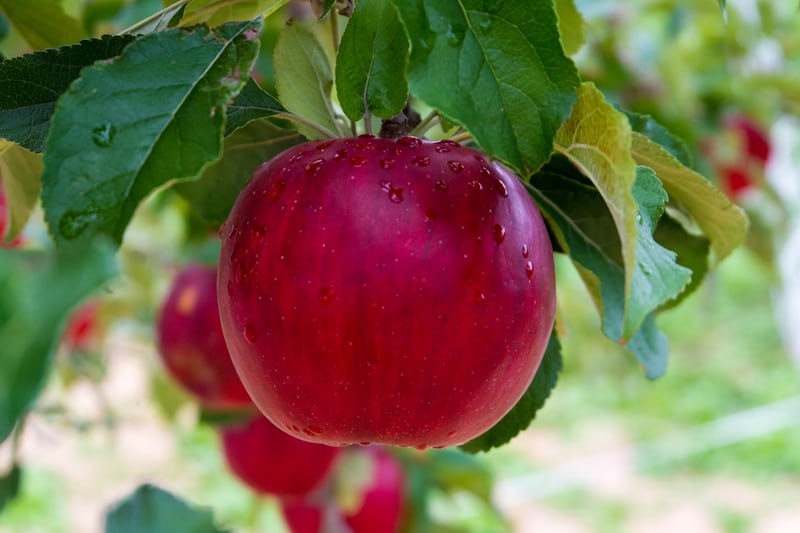The Delaneys are fixtures in their community. The parents of the 4 siblings, are the envied by everyone. They are champions on the tennis court and off it their chemistry is palpable even to the most ignorant. However after fifty years of marriage, they’ve finally sold their famed tennis academy and are ready to start what should be the best times of their lives.
If your mother had vanished into thin air, would you tell the police? Even if the suspect was your father?
The four Delaney children—Amy, Logan, Troy, and Brooke—were tennis professionals in their own unique ways, yet as their father would tell you that not one of them had the ability and capacity to go all the way. But that’s okay, now that they’re all successful grown-ups and there is the wonderful possibility of grandchildren on the horizon.
One night a stranger named Savannah knocks on Stan and Joy’s door, bleeding after a fight with her boyfriend. The Delaneys are more than happy to give her the small kindness she sorely needs. If only that was all she wanted.
In this novel by Liane Moriarty, a conondrum arises through rumours– a suspected murder and a missing body – though every witness has their own story which leads to further bafflement: exams to sit for, bills to pay, tinder dates to preen for and the loneliness of widowhood. They hear things they aren't supposed to hear in service jobs, they’re treated as though they are non-existential. Our loose-lipped cast might not notice them, but Moriarty sure does
Moriarty has a strange predilection towards gentrified structures such as the retail hubs trussed up as Tuscan village. It is not for nothing that she is the mordant queen of Sydney suburbia.
When the galley of Apples Never Fall landed on my doorstep with its 500 pages of wallop, I was primed for a tale of lily-white affluence and its discontents: weaponised gossip, class frictions and the occasional untimely death. Moriarty’s trademarks are certainly there, but there’s something else, something unique and different mixed into this novel.
In a neighbourhood of pleasant voices and well-tended gardens, soon-to-be grandmother and fearsome tennis player Joy Delaney goes missing. Her husband, Stan, is scratched-up. He blames a vengeful hedge but the neighbours say otherwise, they state that they overhead a fight between Stan and Joy the previous night. For over 40 years, Joy and Stan ran the local and very famous tennis school while they lustily produced four tennis-crazy children. They are of all their hectic obligations, but their marriage has curdled. “Maybe every marriage had secret cracks that could turn into chasms,” Moriarty ponders. Or maybe the signs were there all along.
When Moriarty plonks us down at the dinner table, her pages are blazing and vivid. The writer turns a regular, boring Father’s Day lunch into a theatrical show. There’s Olympic-level bickering, a chocolate brownie duel. But soon the joy and elation transitions into domestic horror: as the days turn to weeks with no sign of Joy, the children must grapple with the hardening probability that their father has murdered their mother. “Sometimes when she pulled out a funny memory from their shared childhood,” the eldest Delaney daughter, Amy, reflects, “it turned out to be not so funny after all.”
If Moriarty had kept the ridge narrow – a portrait of a family riven by new suspicions and old rivalries – Apples Never Fall would have been a subtle tale of everyday violence. It’s a restless, rambling followed by schemes over schemes, that rely on a wearying and detrimental shock tacticc: a vixenish schemer who cries wolf, faking her claim of intimate partner violence.
Apples Never Fall ends up feeling indulgently overgarnished, like a present that looks ostentatious on the outside, but has nothing on the inside“. If Joy had been young and beautiful,” Moriarty writes, “the street would’ve been crawling with reporters.” As she’s a woman in her 60s, the case simmers along as a minor neighbourhood scandal.
Rating
4/5
This is a book that you must read, the sentences are phrased in a way where you want to read more, even if you don't feel like it. The schemes and the plots are very well made and this is a must read.
